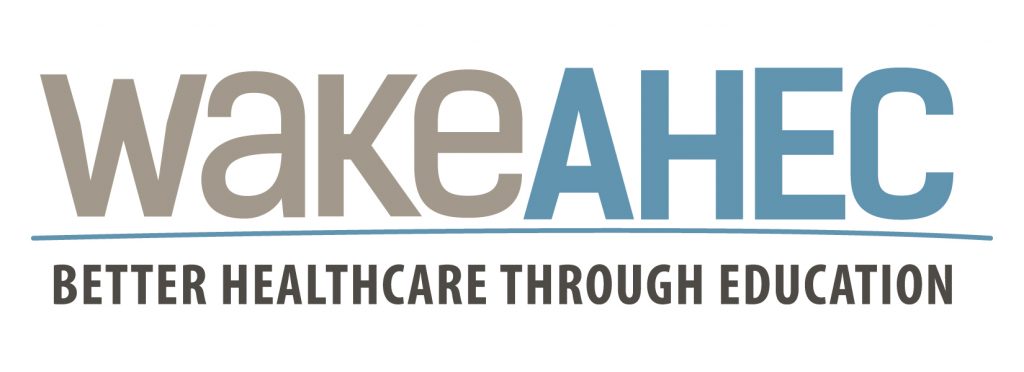Wake AHEC Supports Falls Screening Education at Benson Area Medical Center

In 2018, Wake AHEC partnered with the University of North Carolina Geriatric Workforce Enhancement Program (UNC GWEP) to support a practice change project with Benson Area Medical Center. The practice, a Patient Centered Medical Home (PCMH), serves the residents of Harnett, Sampson and Johnston counties. Formed in 1979 to address a provider shortage in the area, the practice has grown tremendously, with 31,000 patient visits per year.
The initiative involved an assessment the current state of the falls screening program. After doing manual chart reviews on 70 records, it was determined that of the Medicare wellness and comprehensive visits, no patients were asked a set of falls screening questions. Once a baseline screening rate was set, the practice transitioned to an intervention phase that provided staff education on falls using the STEADI toolkit.
The toolkit, which was taught by a physical therapist on the UNC GWEP team, instructs providers how to screen patients for fall risk, assess a patient’s risk factors, and intervene to reduce risk by tailoring interventions to older adults. A plan was developed to support medical assistants to be trained using the TUG acronym (Timed, UP and Go) from the toolkit. Once education was completed, a plan was instituted to begin the process of assessing patients and making appropriate referrals.
Providers were instructed to ask all patients who presented for the Comprehensive visit or the annual Medicare visit three questions that are part of the STEADI screen:
- Does the patient feel unsteady when standing or walking?
- Does the patient worry about falling?
- Has the patient fallen in past year?
In conjunction with this, medical assistants were trained to the Times, Up and Go (TUG) with any patient 65 or older that presented with an unsteady gait or who had fallen. Follow-up discussions took place with practice manager and champion to establish importance of having all staff participate in the screenings and documenting accordingly.
Over the next four months, data showed that of comprehensive visits, 41% were asked assessment questions, three were screened with the TUG (all negative) and no referrals were needed. Of Medicare wellness visits, 71% patients were asked the screening questions, and one referral was made to PT. Although there is still work to be done, a definite change in practice was demonstrated and the staff continues to show improvement.
This work was supported by the Health Resources and Services Administration (HRSA), “Geriatrics Workforce Enhancement Program” Award Number Grant U1QHP28734-01-00.
COURTESY OF ELAINE OWENS
